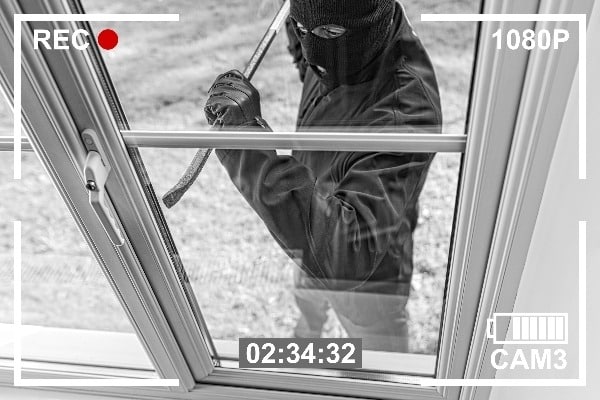What is Third Degree Burglary Under Maryland Law?

What is Third Degree Burglary Under Maryland Law?
In A Baltimore criminal case, the key differences between 2nd-degree and 3rd-degree burglary may well relate to the intent, the type of property involved, and the actions taken during the burglary. Both crimes fall under Maryland’s burglary statutes (§6-202 and §6-203 of the Maryland Criminal Code), and here’s how they differ:
Baltimore Criminal Prosecution, Example: 2nd-Degree Burglary (§6-202)
Intent: The primary element is the intent to commit a specific crime, such as theft, violence, or arson.
Actions: Unlawfully breaking and entering a building (not necessarily a dwelling).
Type of Property: Applies to structures like warehouses, stores, or other buildings that may contain valuable property but are not necessarily dwellings.
Penalties: Considered a felony, punishable by up to 5 years in prison. Moreover, if the intent is to steal a firearm, an additional penalty of **up to 20 years** and/or a fine of up to **$10,000** may apply.
Baltimore Criminal Prosecution, Example: 3rd-Degree Burglary (§6-203)
Intent: The intent is to commit a crime of any kind once inside the dwelling. This is a broader category that doesn’t specify theft, violence, or arson.
Actions: Unlawfully breaking and entering a dwelling (a place used as living quarters – where people sleep).
Type of Property: Specifically applies to dwellings, such as homes or apartments.
Penalties: Considered a felony punishable by 10 years in prison.
Key Differences:
Type of Property:
- 2nd-degree burglary focuses on buildings other than dwellings.
- 3rd-degree burglary specifically involves dwellings.
Intent:
- 2nd-degree burglary requires a specific intent to commit crimes like theft, violence, or arson.
- 3rd-degree burglary involves the intent to commit any crime within a dwelling, without specifying the type of crime.
Penalties:
2nd-degree burglary has harsher penalties (up to 15 years, or 20 years for firearm-related intent), whereas 3rd-degree burglary carries a maximum sentence of 10 years.
As Attorney Eric T. Kirk will tell you.
If your charged with one or more criminal offenses in Baltimore, understanding these distinctions is important for legal defense and ensuring that charges are appropriately addressed- or defended. If you’re facing such charges or need further clarification, consulting an experienced Baltimore criminal defense attorney is highly recommended.
Read the Law: Criminal Law Article Section 6-204 – Burglary in the Third Degree



